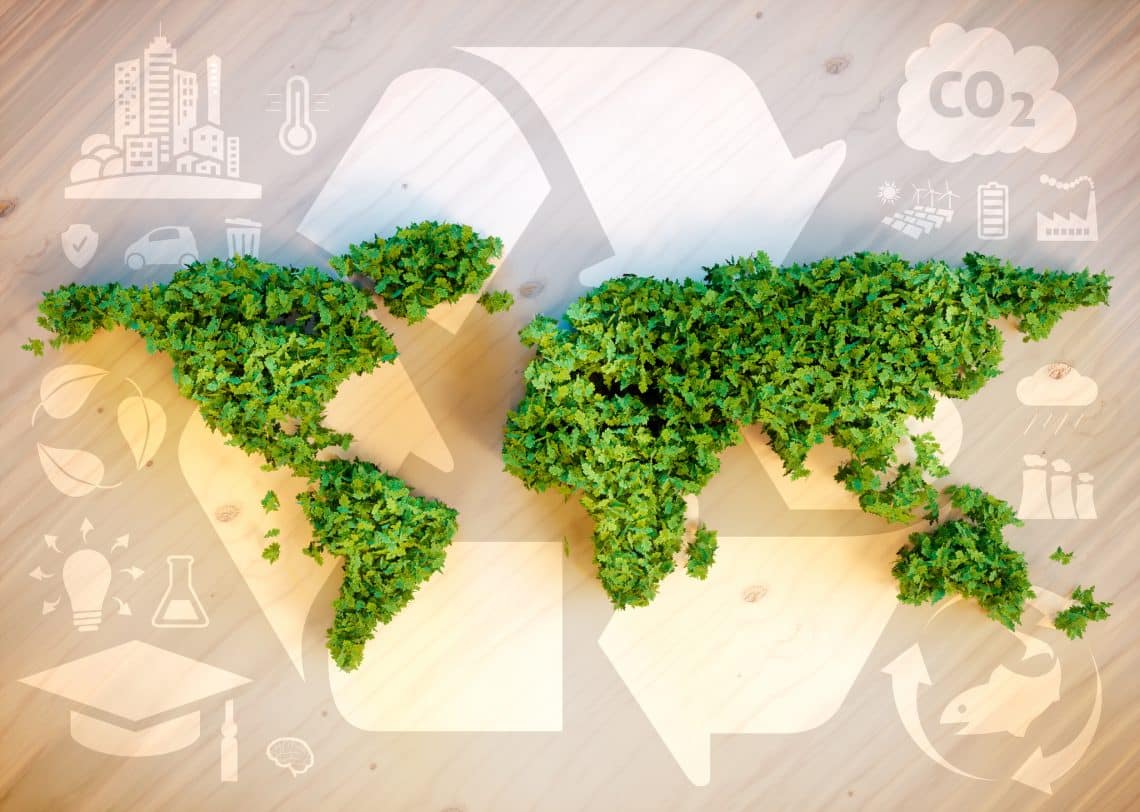Sustainability stood out as the most important question of the day at the year’s biggest gathering of seed professionals.
During the recent ISF World Seed Congress 2019 in Nice, France, where nearly 1,700 delegates from 63 countries participated earlier this month, the topic of sustainability was the main thread running through the meetings and discussions among business leaders and stakeholders, in particular how the seed sector must sustain innovation in a socially accepted manner in order to respond to current global food challenges.
Eduard Fito, president of ISF, says, “I cannot imagine this business without innovation. Whether we like it or not, agriculture around the globe faces new challenges every day. That is why it is important that we always remember to safeguard innovation as the foundation on which our sector stands, enabling us to continue delivering value to farmers.”
The International Seed Federation (ISF) drew attention to the sector’s contribution to the Sustainable Development Goals (SDGs).
“Although efforts that contribute to the SDGs are not new to the seed sector, it is a recent realization to make the SDGs better-known within the seed sector, and to bring recognition within international organizations regarding the sector’s contributions. These SDGs are inseparable from the seed sector, which strives for a more sustainable future,” says Michael Keller, secretary general of ISF.
The seed sector contributes to a majority of the 17 SDGs adopted by the United Nations, such as: no poverty; zero hunger; good health and well-being; decent work and economic growth; industry, innovation and infrastructure; responsible consumption and production; climate action; life on land; and partnerships for the goals.
During an open panel on the Paris Agreement on climate change, speakers from the UN Environment Programme, World Farmer’s Organization, and GNIS agreed on the importance of science and innovation to develop more resilient varieties, reduce the impact of agriculture on the environment, and achieve the required level of crop production to meet global demand.
Business leaders representing a diverse mix of seed companies echoed the sentiment during an industry panel. From small and medium enterprises, to family-owned businesses, to international companies, all industry representatives emphasized the need to access the latest breeding methods to answer the challenge of feeding the world. This requires consistency and alignment on a global level regarding policies governing new breeding techniques.
The thematic day at INRA (Institut National de la Recherche Agronomique) provided a deep dive into the imprint of climate change in the farming sector, and how research and development can support agriculture to cope with and reduce its impact on climate change. At a side event on the SDGs organized with the World Benchmarking Alliance, the discussion pointed to the crucial role of the private seed sector in transforming the global food system. Communicating about sustainability and framing the discussion on innovation through the economic, societal and environmental contributions of the seed sector was a step forward that participants were ready to take.
Taking it forward
One of the conclusions made during the various discussions at the ISF World Seed Congress is that achieving the right environment for innovation requires constant engagement between industry and government to ensure alignment of global policies. This continues to be the focus of ISF in the coming months.
In June, the discussion on the International Treaty on Plant Genetic Resources for Food and Agriculture (ITPGRFA) continues at FAO level where ISF represents the global seed sector in pushing for conservation and sustainable use of genetic resources to enable plant breeders to continue developing varieties.
ISF is also currently participating in a meeting at the OECD on seed schemes, aimed at harmonizing procedures towards the production and use of high quality seeds.
The UN declaration of the International Year of Plant Health 2020 gives ISF, which sits among the board members spearheading the celebration, another opportunity to increase awareness about the importance of healthy plants in achieving the SDGs.
In July, ISF will participate in a high-level political forum on the SDGs hosted by the United Nations Economic and Social Council in New York.
Source: ISF













